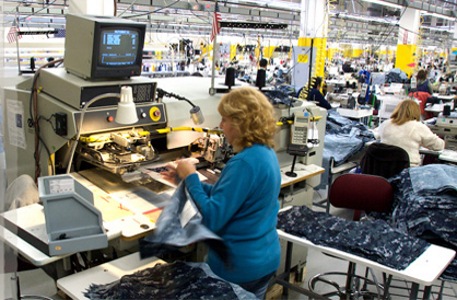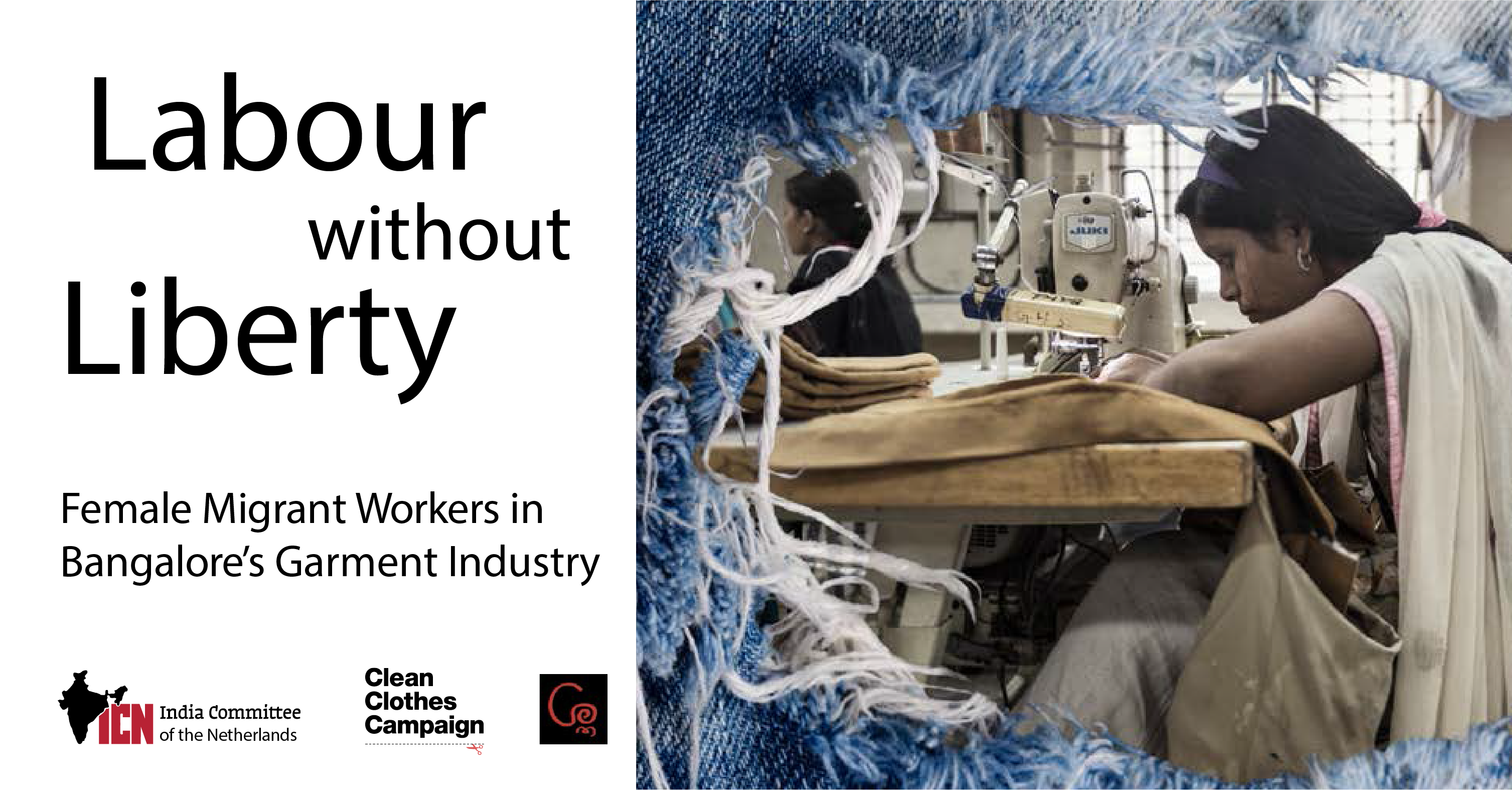Published on the ILO website
A research conducted by International Labour Organisation indicates that automation and robotics will have the largest impact on jobs in the industry throughout the region. The report said that robots are becoming better at assembly, cheaper and increasingly able to collaborate with people. They are also critical in making firms more productive and workplaces safer. One key driver for robotic and automation deployment is the common practice of including “cost down” agreements, in which suppliers enter a contractual agreement to either reduce the overall price of an auto part or increase productivity without increasing the resources expended. To meet these agreements, automation has become an attractive and likely alternative, especially within countries with rising labour costs.
These trends have a twofold effect on the labour force. Firstly, Low-skill workers will find themselves displaced in favour of automation, and indeed, over 60 per cent of salaried workers in Indonesia and over 70 per cent of workers in Thailand face high automation risk. Secondly, manufacturers will increasingly seek higher skilled talent with R&D competencies, ranging from analytical experts to autonomous driving engineers and sustainability integration experts.
Recruiting higher skills remains a challenge for employers, necessitating efforts on several fronts to address this skills gap. Education and vocational training institutions must revamp their curricula and build stronger alliances with the sector to provide a pipeline of highly skilled workers. The automotive sector and educational institutions need to adapt and increase the sector’s image as a gender-neutral employer of sophisticated talent. Equally important would be investing in the production capacity and technological capabilities of local automakers and strengthening their market position to ensure sustained domestic growth.
 CPD RMG Study Stitching a better future for Bangladesh
CPD RMG Study Stitching a better future for Bangladesh




